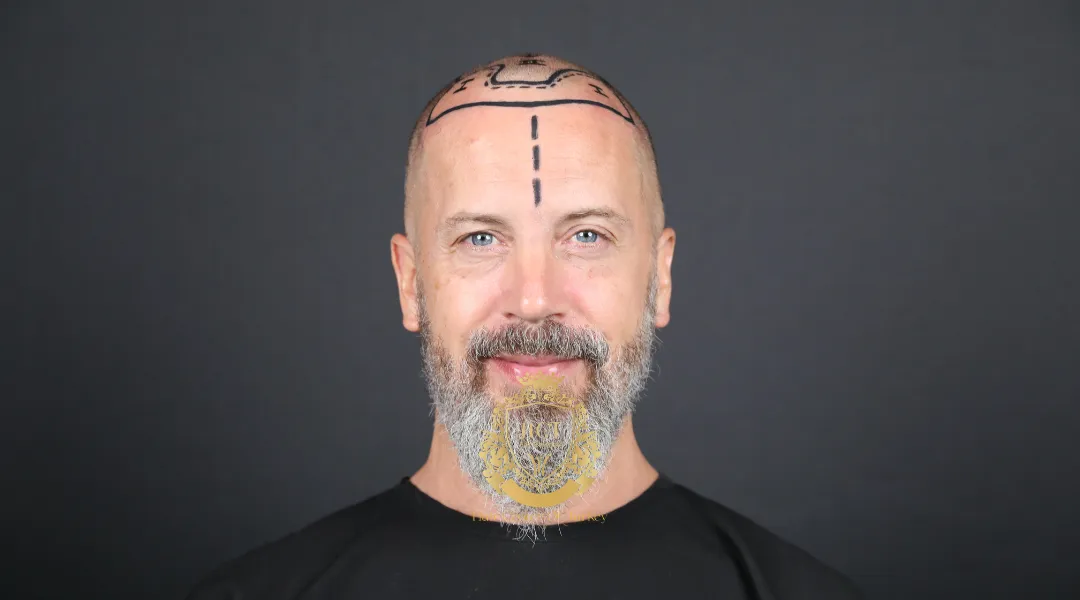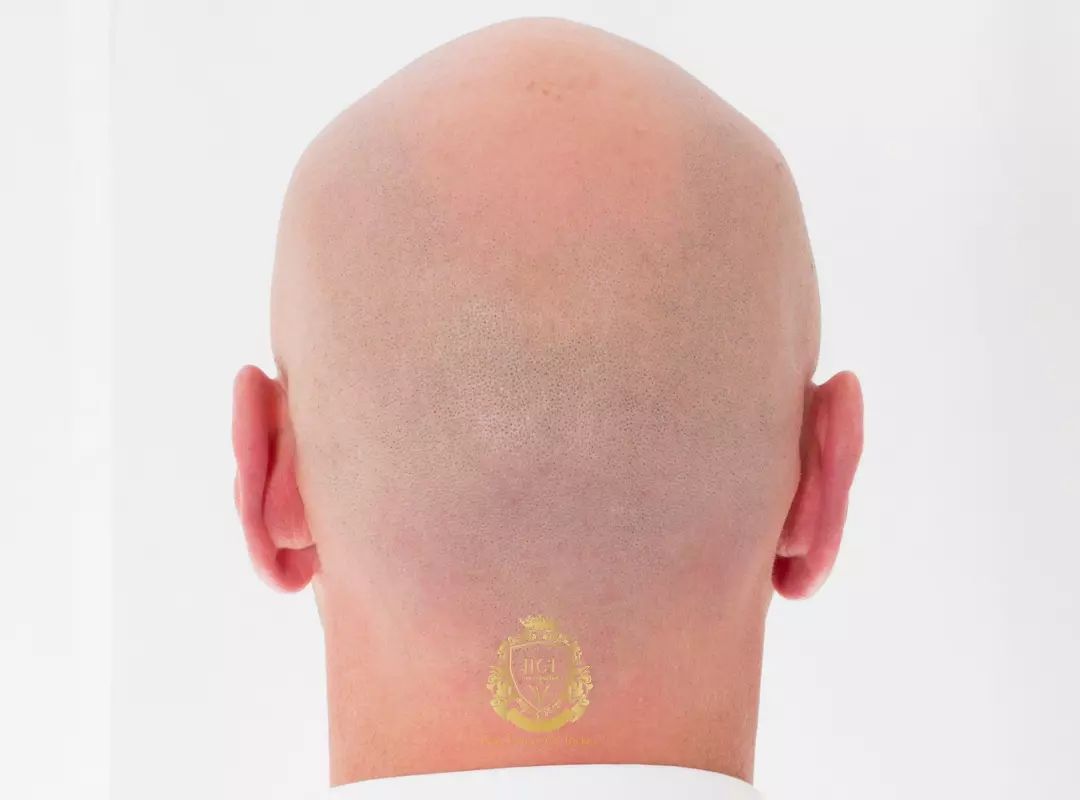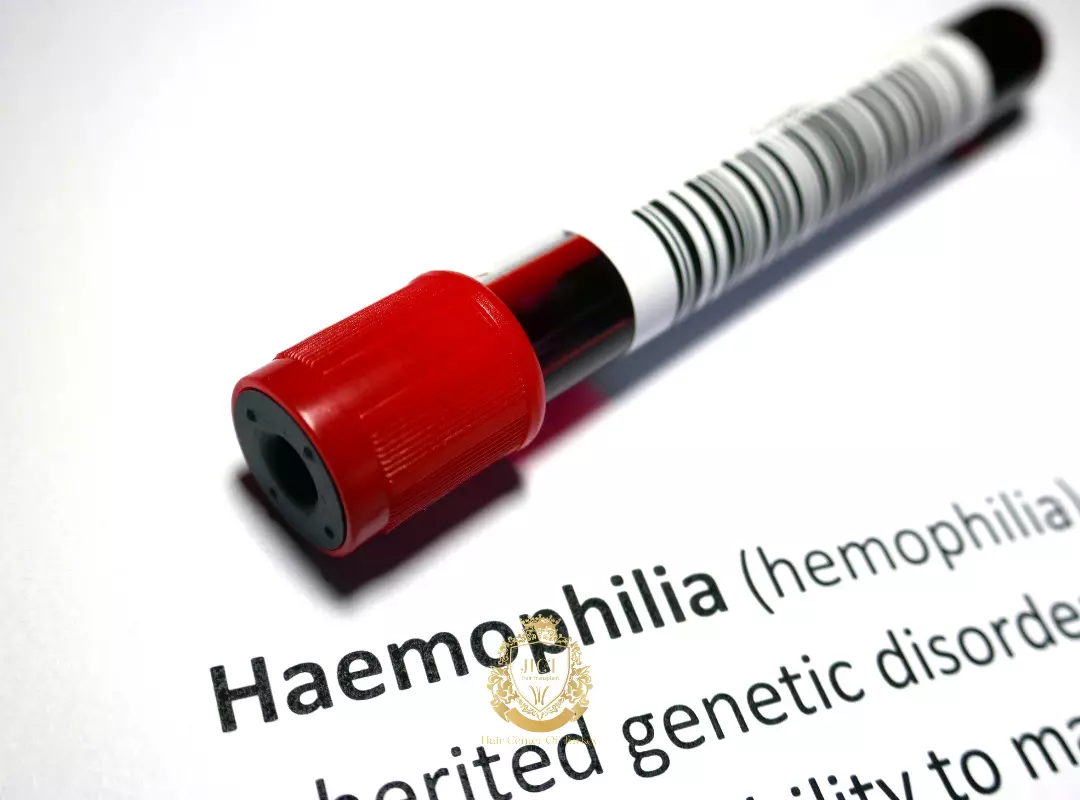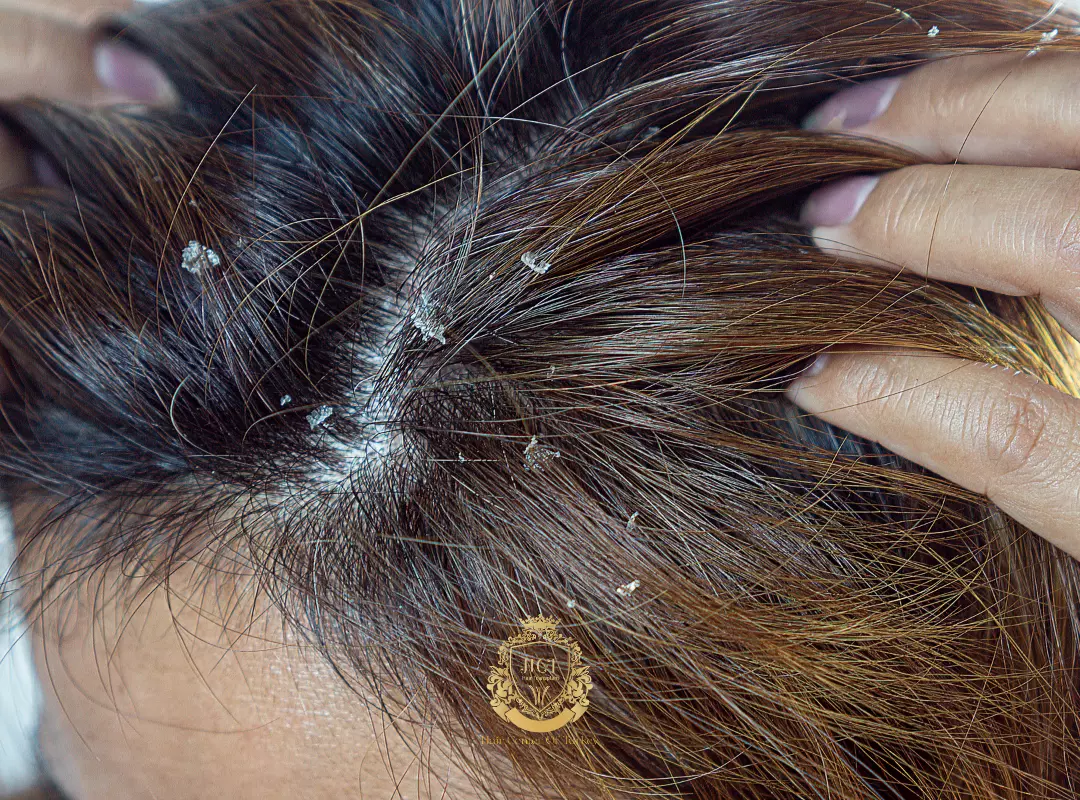
Who Is Not Suitable For Hair Transplantation?
Hair transplantation may not be suitable if you don’t have enough donor hair, you’re under 18, you’re pregnant, you have uncontrolled bleeding disorders, or you have an active scalp disease (such as psoriasis or eczema flare-ups). Some medical conditions don’t permanently exclude you, but they do require clearance, timing, and strict safety protocols.
Table of Contents
People Who Don’t Have Usable Donor Hair
A hair transplant depends on harvesting healthy follicles from a “donor zone,” typically the back and sides of the scalp where hair is more resistant to genetic hair loss.
If someone is born without scalp hair follicles (or has no viable donor follicles due to extensive loss or scarring), a transplant cannot be performed with today’s standard techniques because there is nothing to relocate.

People Under 18
Most clinics set 18 as the minimum age because surgery requires informed consent and a stable plan for long-term hair loss.
In practice, many surgeons prefer to wait until hair loss patterns are clearer (often mid-20s or later), unless the case is carefully selected and expectations are realistic.

People With Blood-Borne Infections
Conditions such as HIV and Hepatitis B/C do not automatically rule out hair transplantation in every setting. In many cases, the deciding factors are medical stability, pre-op screening, and whether the clinic follows strict infection control with appropriate sterilization and disposable supplies.
At Hair Center of Turkey, procedures are planned under high sterilization standards and patient-specific safety protocols, so eligibility is assessed individually rather than with a blanket “yes/no.”

People With Hemophilia Or Significant Bleeding Risk
Hair transplantation involves many small incisions, so normal clotting is important. People with hemophilia (or other clotting problems) may be candidates only if their condition is medically managed and their lab results are within a safe range.
This is not a self-screening situation—clearance should come from the treating physician, and the surgical team should plan the procedure around that guidance.

People With Active Scalp Disease Or Acute Scalp Problems
A healthy scalp matters for graft survival and healing. If you have an active flare of inflammatory or autoimmune scalp conditions (commonly discussed examples include psoriasis, eczema, lupus, and similar inflammatory disorders), it’s usually safer to treat and stabilize the scalp first, then reassess.
Transplanting during an active phase can increase irritation, slow healing, and compromise results.

Pregnant Women
Hair transplantation is typically postponed during pregnancy. The procedure commonly relies on local anesthesia and peri-operative medications, and elective surgery is generally avoided to reduce unnecessary risk for the baby and mother.
If hair loss is a concern during pregnancy, most patients are advised to wait until after delivery and medical clearance.

People With Uncontrolled Alcohol Or Drug Use
Regular alcohol intake can increase bleeding tendency and interfere with aftercare routines, while substance misuse can complicate anesthesia response, wound care, and consistent post-op behavior.
Because grafts are delicate in the early period, clinics often require patients to demonstrate stability and the ability to follow instructions before scheduling surgery.

FAQ
Who is not eligible for a hair transplant?
People with active scalp inflammatory disease, uncontrolled medical conditions, or unrealistic expectations aren’t eligible.
What disqualifies you from getting a transplant?
Active scarring alopecia, diffuse unpatterned alopecia, unstable hair loss, or inadequate donor supply can disqualify.
Can people with chronic illnesses undergo a hair transplant?
Yes, if illness is well controlled and cleared by their physician; uncontrolled disease increases risk.
Is there an age limit for hair transplantation?
No strict age limit; surgeons avoid very young patients until hair loss stabilizes.
Does insufficient donor hair make someone unsuitable for a transplant?
Yes, insufficient donor hair can limit coverage, sometimes making transplantation inappropriate or unsatisfactory.




